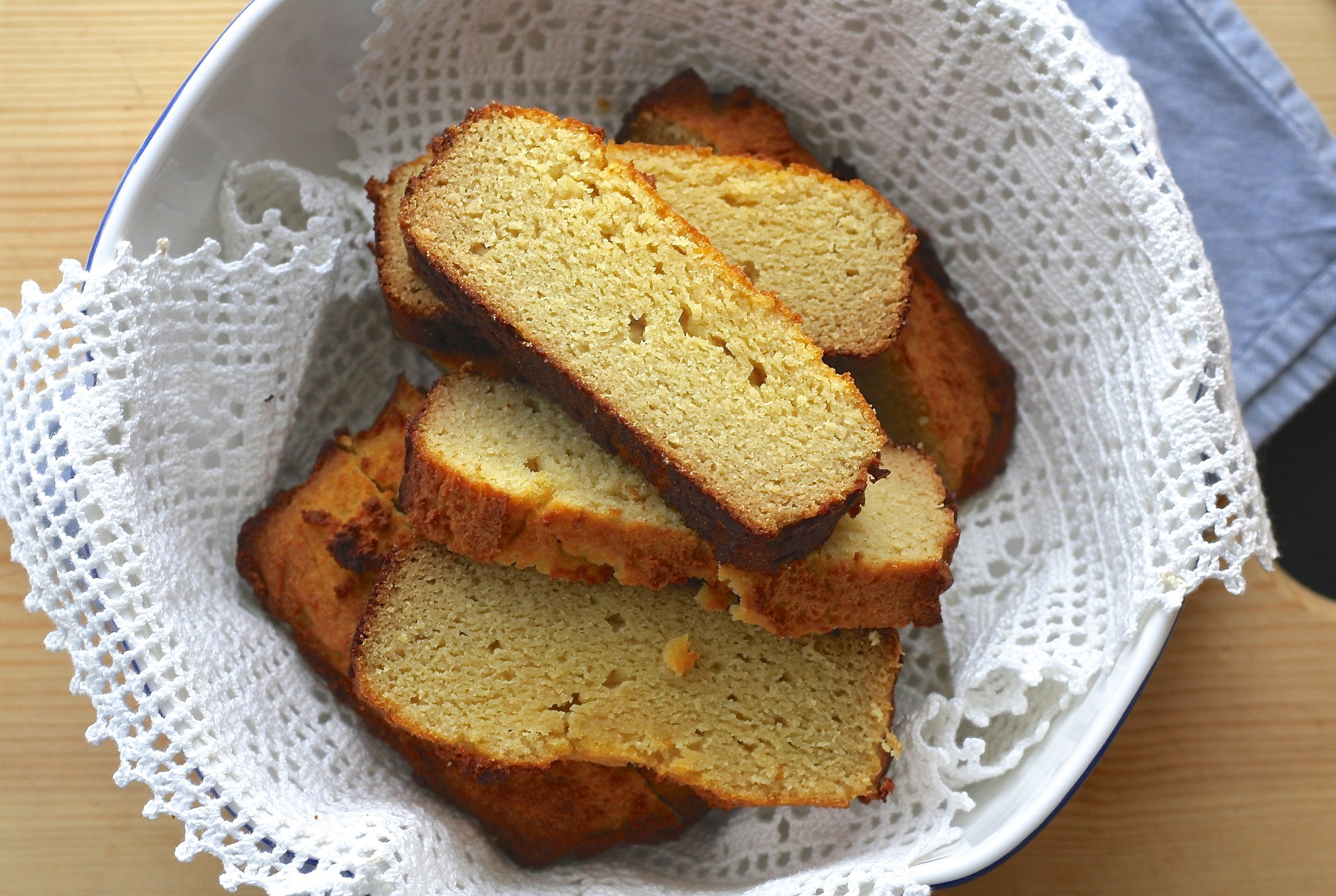Needless to say, the food industry constitutes a great proportion of the economy of almost every country and the profits of the major food manufacturers are enormous. More and more products are introduced to the market of nutritional products, a sufficient part of which is described as healthy. Products labelled as gluten-free have already been on the market for several years, but the majority of customers are still not sure whether they should chose gluten-free food instead of regular items. Let’s try to find out the truth about a popular gluten-free diet together.
What does gluten-free means in the first place?
In order to understand what a gluten-free diet means in the first place, we should first learn what gluten is.
The term gluten is used for describing cereal grain proteins such as glutelins and prolamins. For example, up to 85% of a total amount of proteins present in bread wheat is gluten. When it comes to various types of bread, gluten is a very crucial ingredient of such products since it helps bread to rise and then doesn’t allow bread to lose its shape. This is possible due to highly adhesive and viscoelastic properties of gluten that are especially strong in Triticeae glutens.
Due to its special properties, gluten is also used as an additional ingredient in many other nutritional products in which the manufacturer would like to maintain their shape or enhance the content with an extra amount of protein. For instance, vegetarian and vegan diets usually use gluten as one of the basic sources of proteins. By forming gluten into a particular shape, one can create a great substitute to meat that will also resemble the appearance of this animal product.
Undeniably, a gluten-free diet is the one that is free of gluten while the major sources of this plant protein are a number of wheat species including triticale, khorasan, spelt, einkorn and emmer as well as oats, barley and rye. Respectively, the products that do not contain any of these plants are gluten-free. Still, one should be aware of the fact that for many manufacturers, it is very difficult to avoid even the slightest possibility of accidentally adding gluten to the products that are supposed to be gluten-free with ingredients. That’s why the majority of food available in supermarkets has gluten listed as a possible allergen present in the product.
If you really want to get a guarantee that the product is gluten-free, you will have to choose the one with a special label.
Who should choose a gluten-free diet?
A gluten-free diet is actively promoted as a healthy diet by modern dieticians, however, it is not obvious whether it is true or not.
Probably the most severe condition caused by gluten intolerance is celiac disease which is actually rather rare. People with celiac disease have to avoid gluten at any cost, not consuming it even in the smallest amounts since they can trigger serious symptoms. Yet, as you can see, it is so not because a gluten-free diet is itself healthy.
Still, you should be aware of the fact that there is also a number of other disorders connected with gluten including non-celiac gluten sensitivity which is not so obvious and, thus, is often misdiagnosed. While the most frequent symptoms related to gluten sensitivity occur in the digestive system of your body, gluten can also cause autoimmune and immunological reactions that can result in gluten ataxia, dermatitis herpetiformis and a range of neurological disorders. Again, if you are sure you have one of these health problems, you should stick to a gluten-free diet.
What if you haven’t noticed any of the gluten intolerance conditions listed above. Is there any sense in cutting gluten out of your diet?
Actually, some doctors and nutritionists claim that gluten is basically toxic for everyone, causing a number of symptoms that you might even not relate to gluten at all. If you want to check, whether some of your health problems are really the result of some gluten insensitivity, for example, reoccurring acne or candidosis, you can try not eating gluten for a month. If you see some improvement, in all likelihood, you actually can’t tolerate gluten up to some extent. It is very difficult to find a correlation between some health conditions and mild gluten intolerance, so often the best you can do is experimenting with this diet.
Living a gluten-free lifestyle
In case you are sure you should live a gluten-free lifestyle, you should be very careful with the products you choose.
First of all, avoid not only the food that can contain anything with gluten like wheat or barley, but also resign from purchasing products in which gluten is listed as a possible allergen.
Second of all, be also aware of the quality of products dedicated especially to the people with gluten intolerance. For example, gluten-free bread usually contains a number of chemical additives that are substituting for the adhesive properties of gluten.
Moreover, add to your diet a sufficient amount of fibre as many people on a gluten-free diet have to resign from many products that contain fibre. Although many popular grains contain gluten, there is also a large choice of other grains such as amaranth, buckwheat or corn.

